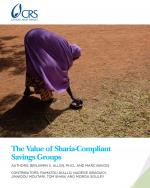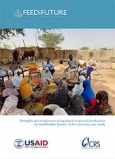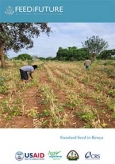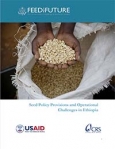Learning Briefs | December 6, 2022
The Value of Sharia-Compliant Savings Groups
Conventional savings groups (SG) consist of 15-30 self-selecting members and provide their members with two means for obtaining useful lump sums of money to invest in business or household needs, but the interest payments on loans exclude or discomfit many of those, including Muslims, whose religious values prohibit paying interest.
The sharia-compliant SILC approach provides members with a full range of SILC financial services, in a way that fully aligns with Islamic law – including zero-interest cash loans and murabaha, or “group purchasing.” This approach is intended to generate group profit despite the prohibition on interest. Members can feel confident that their rules and practices are sharia compliant, such that religious authorities can give their approval and support their community’s participation in SILC.
Starting in 2019, the Girma Project – RFSA CRS Niger promoted sharia-compliant SILC at scale, and this report presents our learning to date on this approach, including the practices the groups have adopted, the groups’ performance, and how comfortable members and community and religious leaders are with the model.





